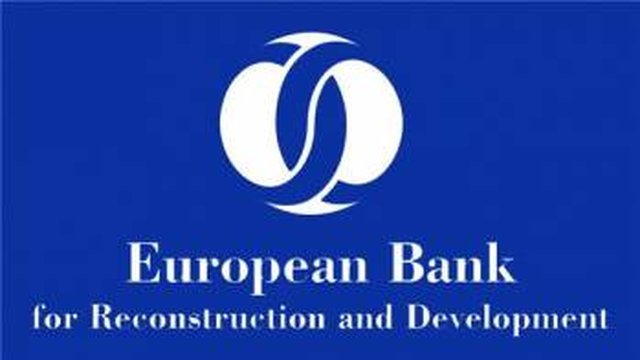Delay in reforming Naftogaz, resignation of its board will shake intl confidence in Ukraine - EBRD

The delay in reforming NJSC Naftogaz Ukrainy and the resignation of independent members of its supervisory board will shake international confidence in the intention of Ukrainian authorities to reform the key state-owned enterprises, and will also complicate the possibility of further existing financial support.
This is stated in a letter of President of the European Bank for Reconstruction and Development (EBRD) Suma Chakrabarti to President of Ukraine Petro Poroshenko and Prime Minister Volodymyr Groysman.
"Following a string of frustrating developments, I understand that the independent board of Naftogaz are about to resign. Should this occur, it would not only severely damage Naftogaz at a time when reforms were finally beginning to take hold, but it would also shatter the international confidence in your government's commitment to reform and restructure Naftogaz and other key state-owned enterprises," the document states.
Chakrabarti in his letter expressed concern that the initiated reform of the gas market and the Naftogaz corporate governance, according to the action plan signed between the government of Ukraine and the EBRD, could fail if the Ukrainian authorities do not take necessary measures in the coming days.
"After many months of consultations, the draft state ownership policy for Naftogaz still contains provisions that go against the spirit of the corporate governance reform, thus compromising the intended independence and insulation of the company from undue political interference. This has to be corrected before the approval of the state ownership policy. Naftogaz also needs to become, as originally agreed, an entity of private law. I am, therefore, asking you to do all that is necessary to have Naftogaz's new charter and necessary enabling legislation in place before the end of this month," the banker said.
"Prevention of corruption is a cornerstone of the corporate governance action plan for Naftogaz, which aims to introduce internal compliance mechanisms and subject the company to the best integrity standards and practices," he stated.
"However, the recent amendments to the law on prevention of corruption, impracticably extending additional financial disclosure obligations to existing and potential members of supervisory boards of state-owned enterprises, will seriously discourage worthy candidates with international background and experience to apply for such positions and hence deprive the country of much needed expertise for the transformation and proper governance of state-owned enterprises," the EBRD official said.
"We stand ready to support any effort to remedy this situation by engaging with the Ministry of Justice, the National Anti-Corruption Bureau and the presidential administration in order to tailor anti-corruption safeguards in line with the best international practices and recommendations for independent members of supervisory boards of state-owned enterprises," Chakrabarti added.








